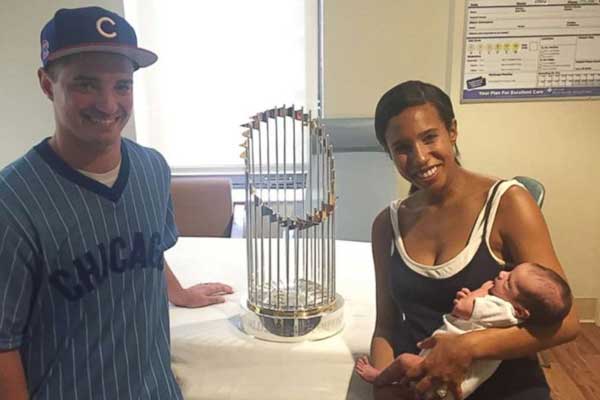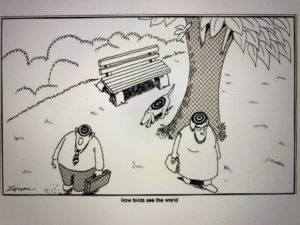Okay, today – after we celebrated our freedom with July 4th cookouts, ball games, fireworks, etc. – let’s add one more step: Celebrate Your Quirkiness.
I’m not talking about inventing some bit for on-air. I’m talking about using the things that define you – the things that are sort of private.
In one of my earliest tips, “The 5 Subjects,” I outline…
- Jobs stuff/wallet/economy;
- the Entertainment world;
- Relationships,
- “The Buzz” – THE thing that everyone’s talking about today (which could come under one of the other categories); and
- Things that ‘grow out of the show.’
That 5th one is the one that’s the most difficult to define for people, because it’s completely organic. THAT’S what this week’s tip is about. Two examples:
One:
Brant Hanson is a brilliant mind, and is definitely different from anyone else I’ve ever coached in the Contemporary Christian format. This format has been traditionally seen as lacking much genuine personality, but Brant and a few others have been pioneers in turning that around.
Once, when we were still getting to know each other, it came up that I play guitar. Brant mentioned that he plays the accordion. I then told him an ancient joke – “what’s the difference between a snake lying dead in the middle of the road and an accordion player lying dead in the middle of the road? The snake was probably on his way to a gig.”
It wasn’t long before Brant started playing his accordion on the air, as part of a contest. Cute, odd, but HIS.
Two:
Howard Clark was one of the greats, part of the original KFRC staff in San Francisco when consultant Bill Drake’s Top 40 stations ruled the earth.
Late in his career, Howard came back home to work in my hometown of Shreveport, Louisiana, and had a profound impact on me.One day, I was listening to “Hired” (as he called himself on occasion) and a song ended, then a recorded announcement by the huge-voiced Charlie Van Dyke came on and said, “And now, Howard Clark looks at the weather…”
Then you heard Howard’s chair squeak, a few steps taken across a floor, a door open, then Howard walking waaaaaaay down a lonnnnng hallway, the back door opening (a creaking screen door that hadn’t been oiled since 1957), then Howard’s voice muttering “Mmm hmm… yep…”… and then you heard the back door creak shut, Howard walking the 50 steps back down the hallway, the Control Room door closing, we heard a few more steps, then his chair squeaked, then Charlie Van Dyke’s voice said, “This has been ‘Howard Clark looks at the weather’…”
Then a station jingle played, and a song started. No forecast. No temperatures “at the airport.” Just that little moment.
I still think of these two things, years later.
What have you done that’s quirky – that’s really you, and ONLY you – for your listeners to remember?
DO SOMETHING. Maybe someone will notice you. You can’t get Arbitron diaries or PPM devices without people.






